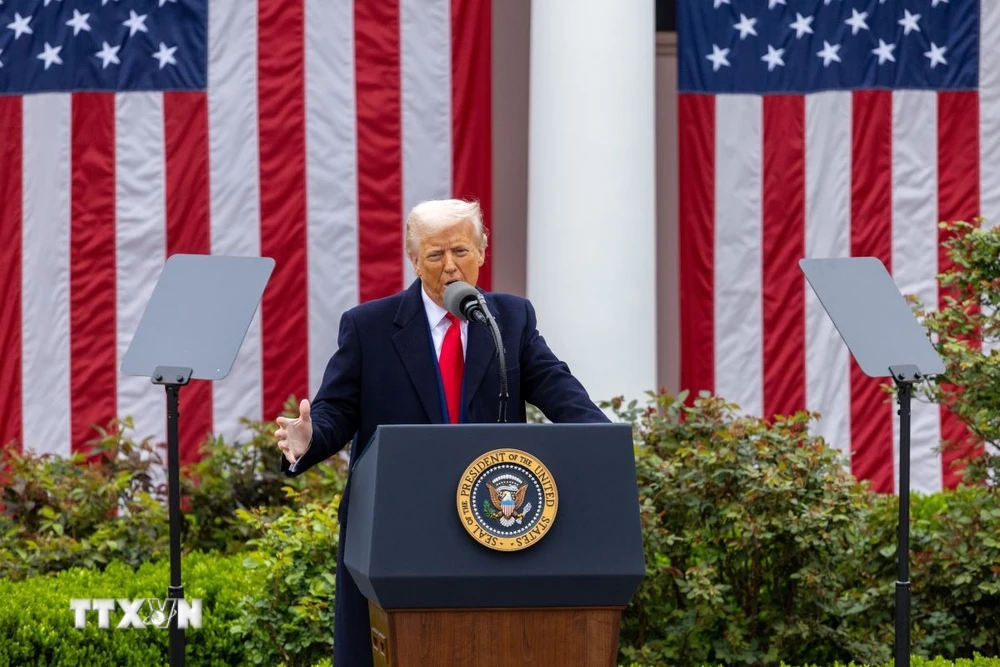
Washington, D.C. – In a sweeping move that could redefine U.S. foreign policy, President Donald Trump has proposed slashing foreign aid by 75%, cutting the State Department’s budget by 50%, and eliminating funding for the United Nations, NATO, and over 20 international organizations. The plan, outlined in an April 10, 2025, memo from the Office of Management and Budget (OMB), signals a bold push toward Trump’s “America First” agenda, but it has ignited fierce debate over its implications for global stability.
The OMB proposal targets the State Department and USAID’s combined budget, reducing it from $54.4 billion to $28.4 billion for fiscal year 2026—a nearly 48% cut. Foreign assistance, previously at $52 billion in 2024, would be halved, effectively slashing aid by 75%. Funding for international organizations like the UN ($13 billion in 2023) and NATO ($3.5 billion) would be cut by 90%, alongside the closure of 30 U.S. diplomatic missions, including embassies in Eritrea and Malta, and 17 consulates, mostly in Europe. Diplomatic staff face reductions, with pay and benefits frozen.
The plan also axes cultural programs like the Fulbright Program, which has supported global exchanges for decades, and terminates the Bureau of Conflict and Stabilization Operations. Humanitarian and global health programs would see cuts of 54% and 55%, respectively, though military grants for allies like Israel ($5.1 billion) and PEPFAR ($2.9 billion) are preserved. This follows earlier moves in 2025 to dismantle USAID and defund outlets like Voice of America, with some aid—like $169.8 million for Somalia—briefly restored after backlash.
Critics warn of dire consequences. Sen. Jeanne Shaheen (D-NH) cautioned that the cuts could isolate the U.S., stating, “When America First becomes America Alone, our adversaries will fill the void.” The American Foreign Service Association called the proposal “reckless,” arguing it empowers rivals like China and Russia. On X, opinions are divided—some users applaud the reduction in federal spending, while others decry a retreat from global leadership.
The proposal faces significant hurdles, requiring Congressional approval amid likely bipartisan resistance. Sen. Chris Van Hollen (D-MD) dismissed it as “an unserious budget,” and some experts argue that dismantling USAID without Congress may violate the 1961 Foreign Assistance Act. Trump’s first term saw similar proposals largely blocked, suggesting a tough road ahead.
As the debate unfolds, the world watches to see if the U.S. will step back from its role as a global leader—or if Congress will push back to preserve America’s international influence.

